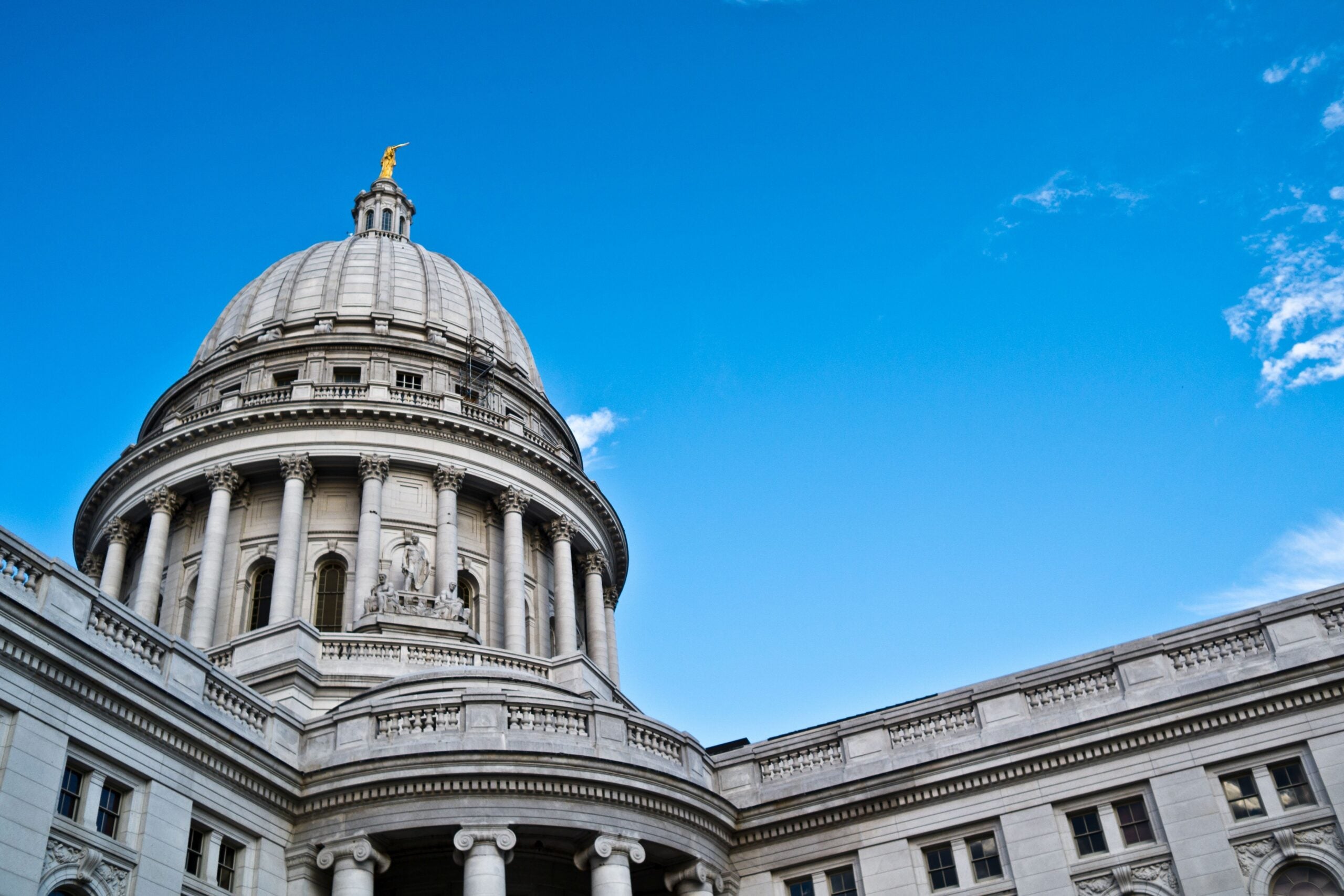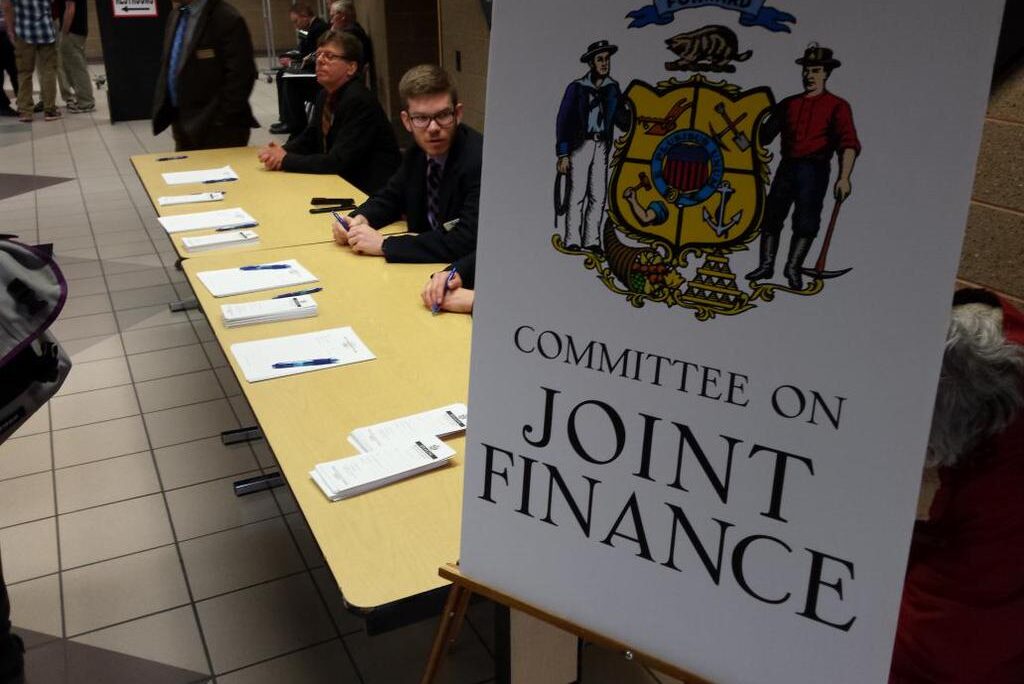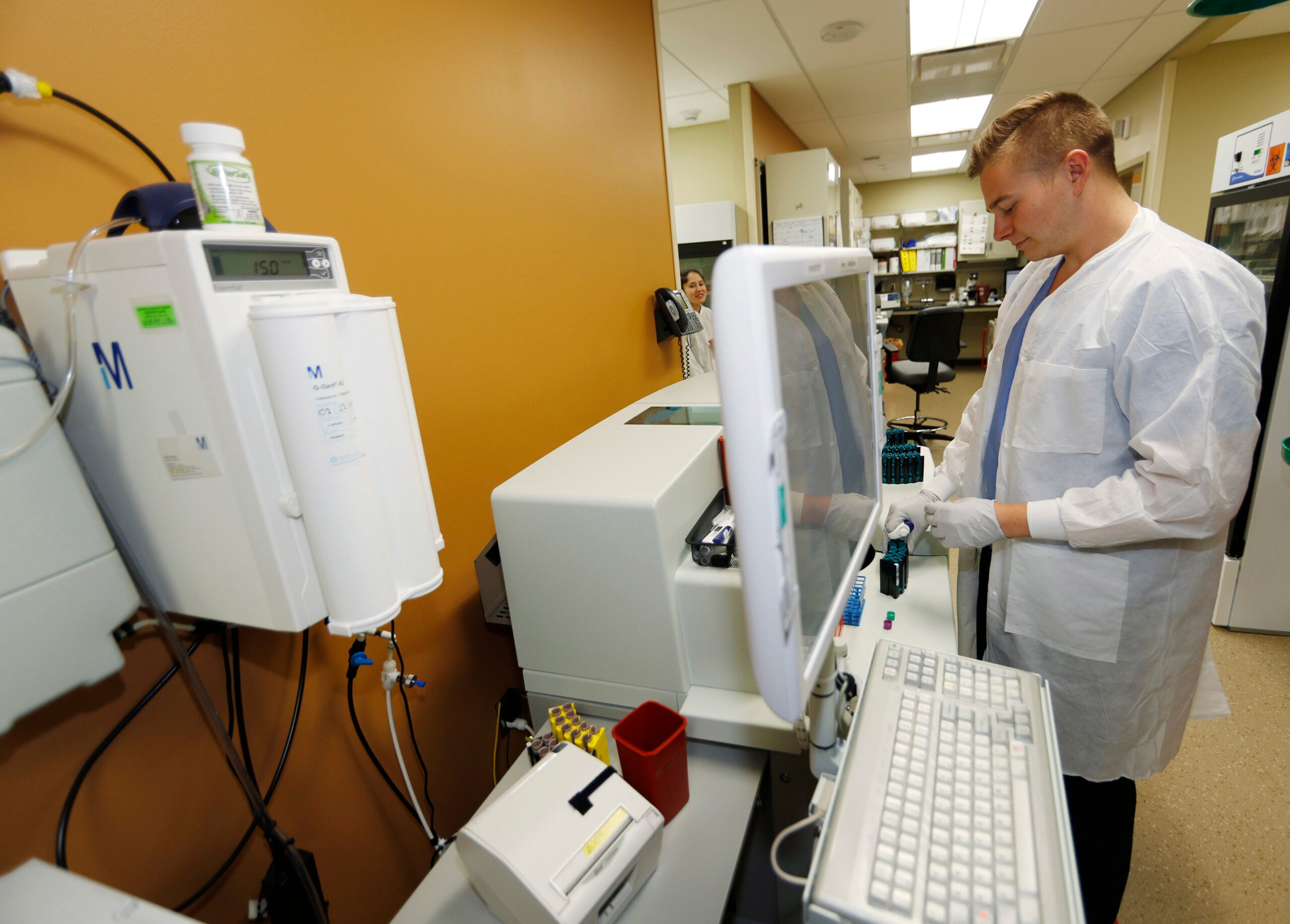The Republican-controlled state Legislature took no action Tuesday during a special session called by Gov. Tony Evers to expand Medicaid in Wisconsin and accept $1 billion in additional federal funds.
The state Assembly and Senate both convened and adjourned in less than a minute Tuesday afternoon, holding no debate and taking no votes.
Evers called the special session last week and proposed a bill that would add Wisconsin to a list of 38 other states and Washington, D.C., that have expanded Medicaid since 2014, when it was first offered as part of the Affordable Care Act. The expansion would extend Medicaid health benefits to 91,000 additional people in Wisconsin by raising the income cap from 100 percent of the federal poverty level, which is $26,500 for a family of four, to 138 percent, or $36,570.
News with a little more humanity
WPR’s “Wisconsin Today” newsletter keeps you connected to the state you love without feeling overwhelmed. No paywall. No agenda. No corporate filter.
The $1 billion is an additional incentive from the federal government for states that have not yet taken the expansion. Evers has proposed a slew of ways to spend that money, including $200 million for broadband internet expansion, $100 million for lead pipe replacements, $100 million for bridge and local road projects and funding more than a dozen local construction projects across the state.
Evers sharply criticized the quick adjournment Tuesday, accusing Republicans of “playing politics” and slowing the state’s economic recovery from the COVID-19 pandemic.
“I think we should be doing everything we can to make sure our economy bounces back from this pandemic, and this special session was about finding common ground and getting bipartisan support for our efforts,” Evers said in a prepared statement. “Clearly, it’s disappointing Republicans don’t seem to take that responsibility seriously, and they’ll have to explain to Wisconsinites why they made the decision they did today.”
Wisconsin Republicans have for years opposed the expansion, calling it an unnecessary increase in welfare and arguing it could saddle Wisconsin with additional costs in the future, if federal support were to decrease. At least one state, New York, has struggled with rising costs since accepting the expansion.
“Wisconsin provides quality, affordable coverage for all those who need it and expanding the program would simply lead to more people on a taxpayer funded government program and more expensive private plans for others,” Assembly Speaker Robin Vos, R-Rochester, and Senate Majority Leader Devin LeMahieu, R-Oostburg, said in a letter to the governor Tuesday. “Expanding Medicaid as you have proposed is unneeded and even reckless in a state that has no coverage gap and has an effective reinsurance program.“
Republicans argue there are ample options for affordable health insurance on the private market. GOP leaders on the Legislature’s budget committee recently rejected the governor’s plan to include the expansion in the next two-year state budget, just as they did two years ago. The Republican co-chairs of the budget committee, Sen. Howard Marklein, R-Spring Green, and Rep. Mark Born, R-Beaver Dam, also signed on to the leaders’ letter Tuesday.
On Tuesday, state Senate President Chris Kapenga, R-Delafield, echoed those points as he defended the quick adjournment.
“It’s a winner right away, but then as time goes on the cost for the state goes up and up and up,” he said.
Kapenga said there was no reason to hold floor debate Tuesday because, “we’ve had the debate for three presidents now, it’s the same old debate, it’s the same discussion, it’s just old.”
Ahead of the brief session, Assembly Democrats held a press conference calling on Republicans to reconsider.
“It’s become clear that opposing BadgerCare expansion by Wisconsin Republicans is grounded in cynical politics,” said Assembly Minority Leader Gordon Hintz, D-Oshkosh. “It has been a bad decision (to not accept the expansion), it remains a bad decision, but it’s never too late to do the right thing.”
Evers has pledged to continue pushing for the expansion, even in the face of almost certain legislative defeat.
“Even if they do gavel in and gavel out (the special session), we will continue to advocate for this,” the governor said at an event Monday in Reedsburg. “A billion dollars is a lot of money. It’s a lot of money for the state of Wisconsin.”
In Reedsburg, the governor highlighted one of his proposed projects for the federal incentive money: $220,000 to renovate part of an historic school building into a community center.
At the event, city administrator Tim Becker called the project “much needed.”
However, GOP legislators who represent the area, Sen. Howard Marklein, R-Spring Green, and Rep. Tony Kurtz, R-Wonewoc, called the governor’s event disingenuous. They said they were not invited to the press conference and argued Reedsburg officials have never asked for state money for the project.
“Our communities deserve better than to be used as pawns in an insincere political ploy,” Marklein and Kurtz said in a prepared statement. “We are disappointed that the Governor has waived a false flag during this press conference today to try to score political points. We know our citizens are too smart to fall for this charade.”
A number of health care groups across the state have pushed for accepting the Medicaid expansion in recent years. On Monday, the Committee to Protect Health Care, a nationwide advocacy group, held a press conference highlighting some Wisconsin doctors’ support for the change.
“Many of our friends, family and neighbors are falling through the cracks and going without adequate coverage through no fault of their own,” said Dr. Madelaine Tully, a family physician in Milwaukee County. “As a doctor, I’ve seen what happens when people go without coverage.”
Tully and her colleagues argued the Medicaid expansion would save taxpayer money by providing more preventive care to people who need it, avoiding costlier care down the line that often has to be absorbed by providers if bills go unpaid.
“Wisconsin has a golden opportunity right now,” said Dr. Brian Ewert, a nephrologist in Marshfield. “We have already squandered billions of savings.”
Wisconsin Public Radio, © Copyright 2025, Board of Regents of the University of Wisconsin System and Wisconsin Educational Communications Board.







